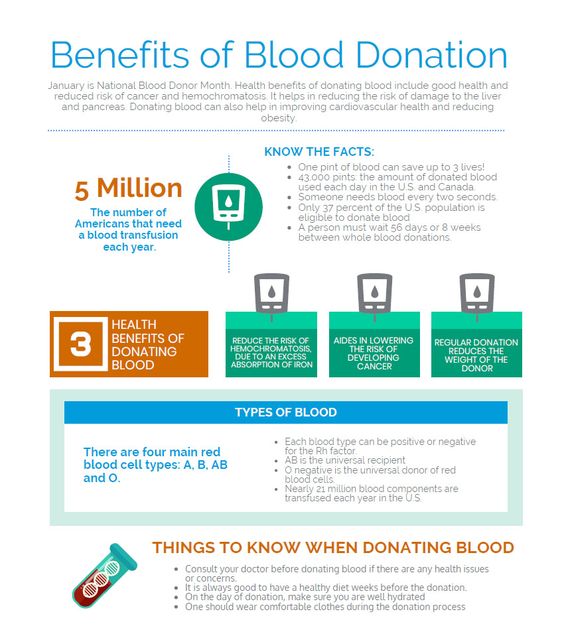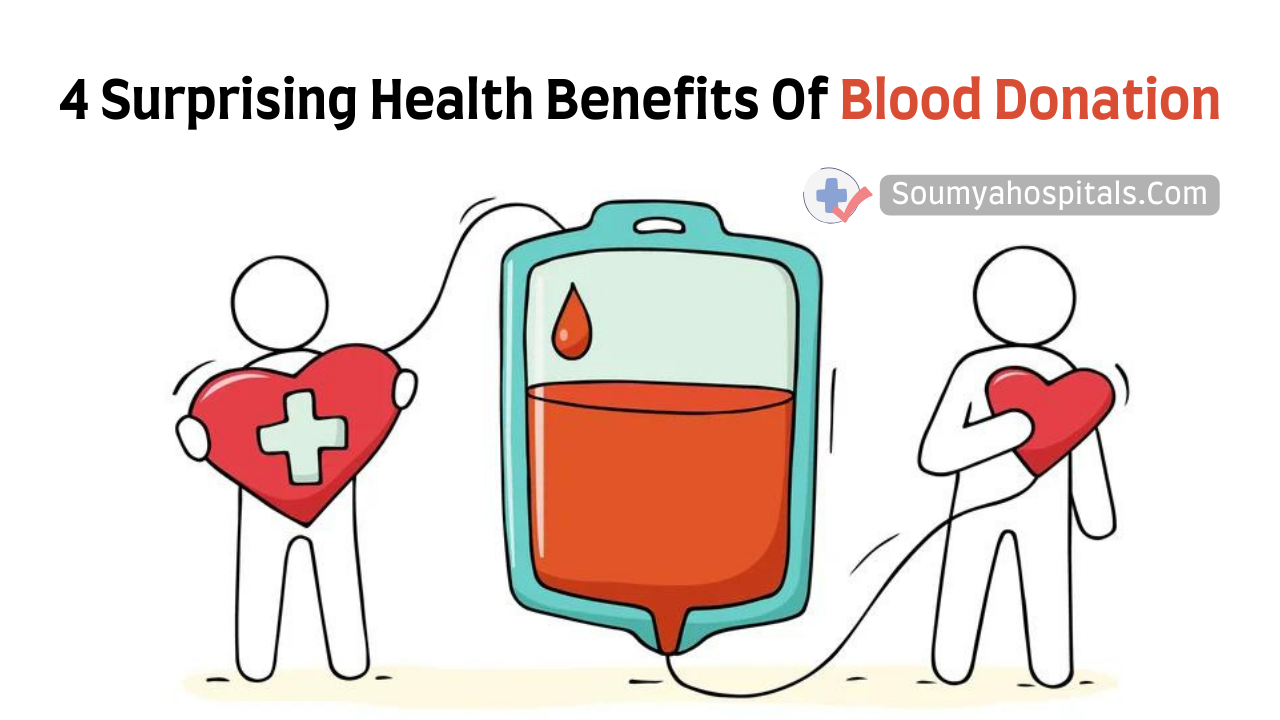Every two seconds someone in the country has an urgent need for blood. That may be a sobering statistic, but what is heartening is that an estimated 6.8 million Americans donate blood every year. So should you consider becoming a donor too? As the demand for blood rises, so does the need for donors. And while the necessity of your donating for someone who needs blood is undeniable, did you know that blood donation has benefits for you, the donor, too?
Also Check: Blood and Blood Products NCLEX Questions
Why Donate Blood: Blood Donation Uses
Blood donation is an essential link in the healthcare and medical system with a daily demand for 36,000 units of red blood cells, 10,000 units of plasma, and 7,000 units of platelets. People with certain illnesses like sickle cell disease or cancer need multiple transfusions through the year. And about 3 pints of red blood is used per transfusion on an average. That’s not counting the many cases of car accidents where an individual victim may need as much as 100 pints of blood. Burn victims, accident victims, women who’re giving birth, as well as those with blood diseases like thalassemia, bleeding disorders like hemophilia, severe anemias, or leukemia may all need blood.

Advantages Of Blood Donation For The Donor
Donating blood can go beyond helping someone else who needs your blood. In fact, blood donation can benefit your own health too.
1. Getting A Basic Health Check
Before you give blood, you may need to get yourself checked for any illnesses that may debar you from donating. That may be just the nudge you need to get that long overdue health check.
Even if you skip that, the blood donation centers will always do a basic health check before they let you give blood. For instance, your blood pressure and heart rate will be checked. A sample of your blood will also be tested. You will also have to fill out a questionnaire on recent travel, medication you take, or other risk factors that might make you likely to have certain diseases. If the person reviewing has any further health-related questions, they may ask you for additional details. You will be informed of any possible concerns about your health.
While this is done with the purpose of assessing whether you are a suitable candidate for blood donation, you will, in the bargain, discover if you have any underlying problems that need checking or even urgent medical attention.
2. Using Donated Blood For Your Own Surgery
Ever considered the possibility of donating blood for your own use at a later date? Known as an autologous blood donation, this can be done up to six weeks ahead of a scheduled surgery. The latest you can leave this to is five days before your own surgery. The earlier you do this the better, to give your body time to replenish its blood supply. The blood you donate is stored for use during your surgery, for use only by you. So while this doesn’t achieve the altruistic benefits of donating blood, it does help meet your own need without tapping into blood bank reserves. To do this, you will need to work with your hospital and doctor to make arrangements for the donation at a bank.
3. Boosting Your Cardiovascular Health
Giving your blood at a blood donation center could possibly help improve your own cardiovascular health – by keeping iron levels in check. Iron may have a role in lipid peroxidation, a precursor to atherosclerosis or the notorious hardening and narrowing of your arteries.
Too much iron has been linked to greater risk of heart disease. The average American may actually be more at risk from high levels of iron rather than an iron deficiency. As one study found, high iron stores (and not deficiency) are the more likely problem among even the elderly White American who eats a typical Western diet. Remember, when you eat food that contains iron, your body will use it to slowly replace any iron that’s been lost (including through blood donation). But some claim that donating blood regularly can help keep levels in check by reducing excess iron each time you donate.
However, a word of caution here: studies measuring the direct impact of blood donation, iron levels, and cardiovascular health have produced inconsistent results. As such, some researchers don’t back the theory of improved cardiovascular health from blood donations due to lowered iron stores. In short, don’t look at blood donation as a cure for a heart problem or a way to prevent disease. If you do benefit from balanced iron levels, that’s a tick mark on its own.
4. Possible Reduction In Certain Cancer Risk
Again, by virtue of its ability to help you reduce excess iron in the system, a blood donation may help lower risk of certain cancers. As one piece of research highlights, too much iron in the body can create iron-catalyzed free radical damage or oxidative stress. And that’s been implicated in raising cancer risk. Consequently, the study found that lowering iron levels in the test subjects who had peripheral arterial disease reduced cancer risk as well as mortality.

Risks Of Donating Blood
Some people may experience a few mild side effects from donating blood. These are some of the typical milder reactions you could have:
- Sweating
- Feeling cold
- Weakness
- Nausea
- Agitation
A very small number of people experience more severe problems like vomiting or may lose consciousness.
Is It Safe For You To Donate Blood?
It’s understandable if you’re feeling some trepidation about donating blood. No one likes a needle! But in this case, it is for a good cause and is worth the little extra effort and the slight discomfort. However, if your concerns are around safety and whether or not you are even eligible to donate blood, here are the guidelines followed by blood donation centers and authorities.
- According to the American Red Cross, you must be in “good general health” and should not be feeling unwell when you wish to donate.
- In the United States, most states need you to be 17 years or over to donate blood. However, in some states 16-year-olds too may be allowed to donate subject to parental consent.
- You should weigh at least 110 lbs. There are additional height-weight norms for younger donors.
- If you see benefits from donating blood regularly and plan to do it again, ensure that you keep a minimum of a 56-day gap between donations.
- If you have certain health conditions, you may not be able to donate blood. Check with the Red Cross list of criteria or your local blood donation center, but these commonly include having had hepatitis any time after age 11, having had malaria, having AIDS, or being an intravenous drug user (even if it was just one-time). In addition, if you currently have cold or flu symptoms, it may disqualify you.
- If you have recently had a miscarriage, abortion or delivered a baby, you may not be allowed to donate. Those who have themselves had a blood transfusion too may need to wait before they can donate.
